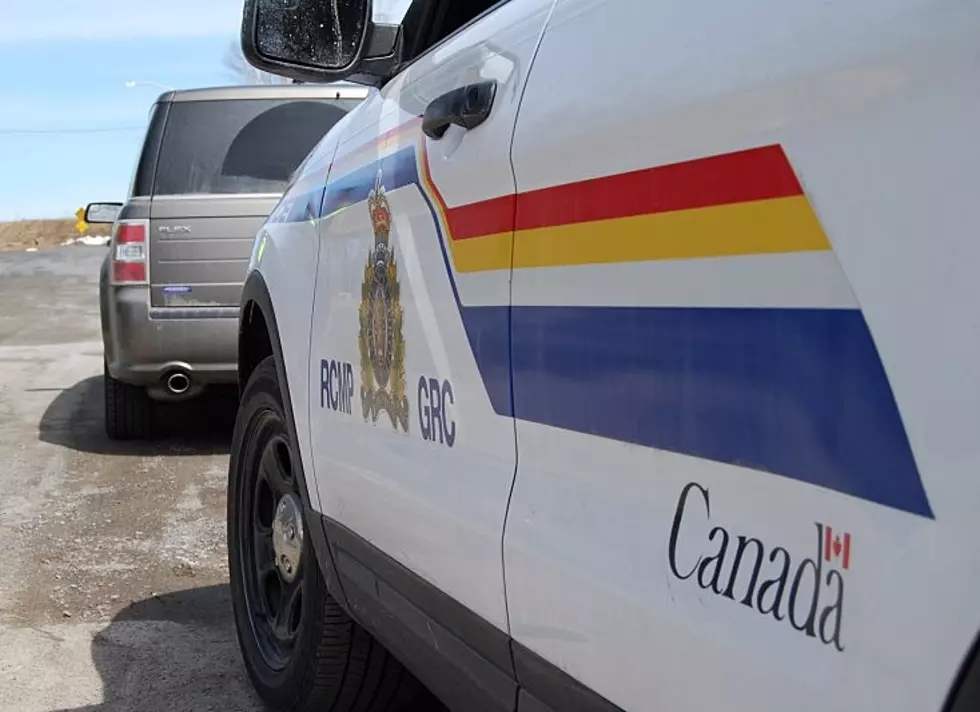
New COVID-19 Mandates for New Brunswick Businesses, Events, Schools
As New Brunswick prepares to require proof-of-vaccination to access non-essential services, Public Health is reporting an increase in vaccination appointment bookings across the province.
Chief medical officer of health Dr. Jennifer Russell indicated that appointments have roughly tripled since last Wednesday's announcement, from 600 per day to around 1800 per day.
Effective at midnight Wednesday, Sept. 22, people will be required to show proof of full vaccination when accessing certain "non-essential" events, services and businesses. Anyone entering New Brunswick must preregister their travel. You can find information on the updated regulations HERE.
Public Health reported on Friday that 77.5 per cent of eligible New Brunswickers are fully vaccinated against COVID-19. Walk-in clinics are available in many communities or residents can book an appointment through a participating pharmacy or a regional health network clinic. Find a list of upcoming mobile and walk-in vaccination clinics HERE.
Healthy and Safe Schools guidelines updated
Since the school year started two weeks ago, there have been 80 confirmed cases of COVID-19 in 20 schools in the province. By comparison, the 2020-21 school year had about 100 cases across 50 schools.
Beginning Monday, Sept. 20, the following measures take effect to better protect New Brunswick students:
Using classroom groupings (or bubbles) to the greatest extent possible.
Schools will look for ways to encourage greater physical distancing between groupings, such as adjusting lunch or recess schedules.
Physical education classes will be taught outdoors, weather permitting. If classes are held indoors, students and staff must wear masks.
Only classroom "bubble-friendly" field trips will be allowed for students in kindergarten to Grade 8.
Assemblies will no longer be permitted.
Effective Wednesday, Sept. 22, all eligible students must be vaccinated in order to participate in extracurricular and intramural activities.
To reduce the risk of transmission on buses, and allow for greater physical distancing, families are asked to drive their children to school if they are able. Public health says community use of schools remains restricted to youth activities.
See How School Cafeteria Meals Have Changed Over the Past 100 Years
More From









